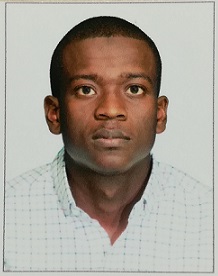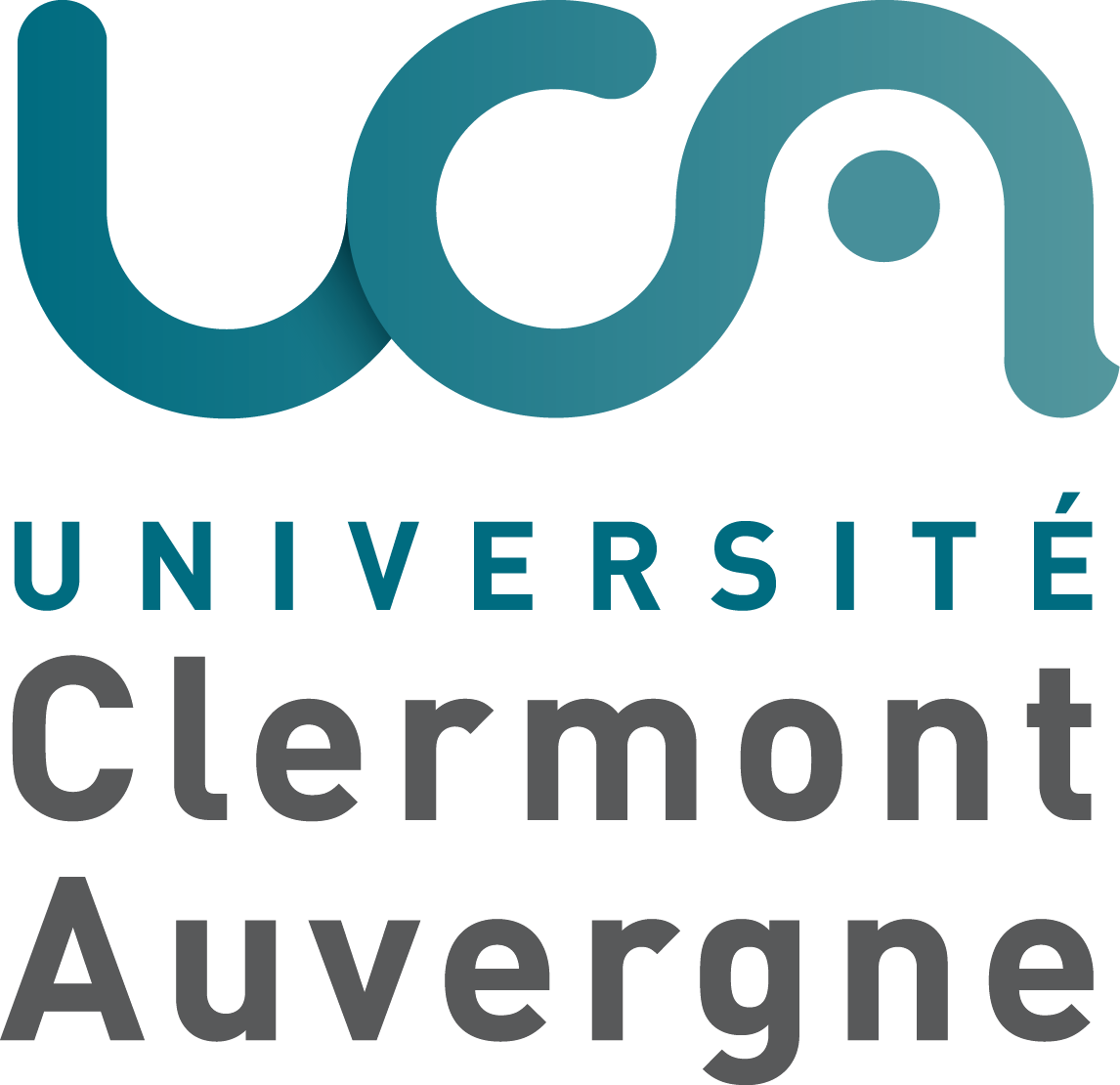DURATS: Distributed User-centric Radio Access Technology Selection framework
08/03/2022 - Ali MAMADOU MAMADOU, Doctorant

Répétition de soutenance de thèse
Radio Access Technology (RAT) selection is an essential component in designing heterogeneous networks' coexistence to enable the diversity of current and future applications. Thus, in the 5G paradigm, many wireless technologies are available to ensure ubiquitous radio access. However, there are still open issues related to the decision-making process and Quality of Service (QoS) constraints consideration when it comes to selecting the most suitable wireless technology for a specific data transmission e.g., in Device-To-Device (D2D) communications.
We present DURATS: Distributed User-centric Radio Access Technology Selection framework formulated as a Multiple Criteria Decision Making (MCDM) problem with a decision data analysis mechanism that allows accurate network performance estimation in the decision-making process. Full-stack network simulation results show the benefits of DURATS compared to baseline decision mechanisms. Our findings show the benefits of DURATS, under multiple network load conditions, in enhancing network performance perceived by end-users (in terms of End-2-End packet delay, effective throughput, and data delivery rate), while considering simultaneously multiple QoS constraints.

